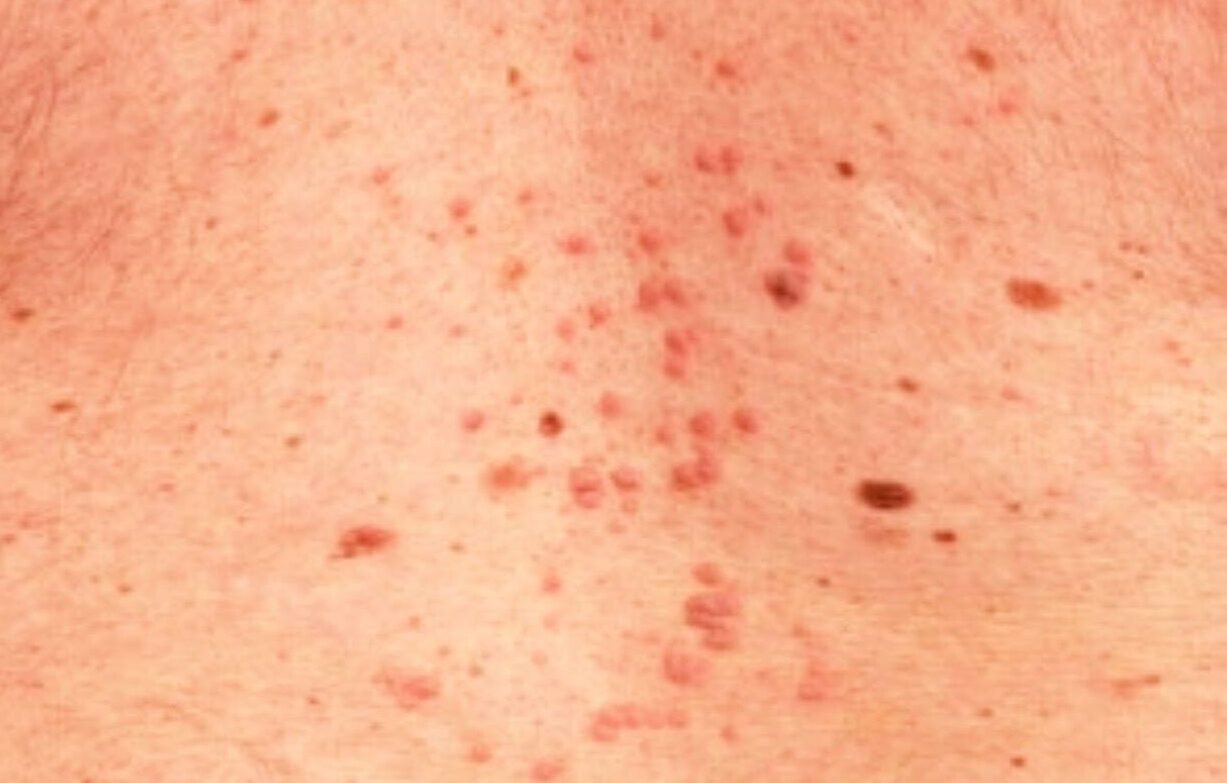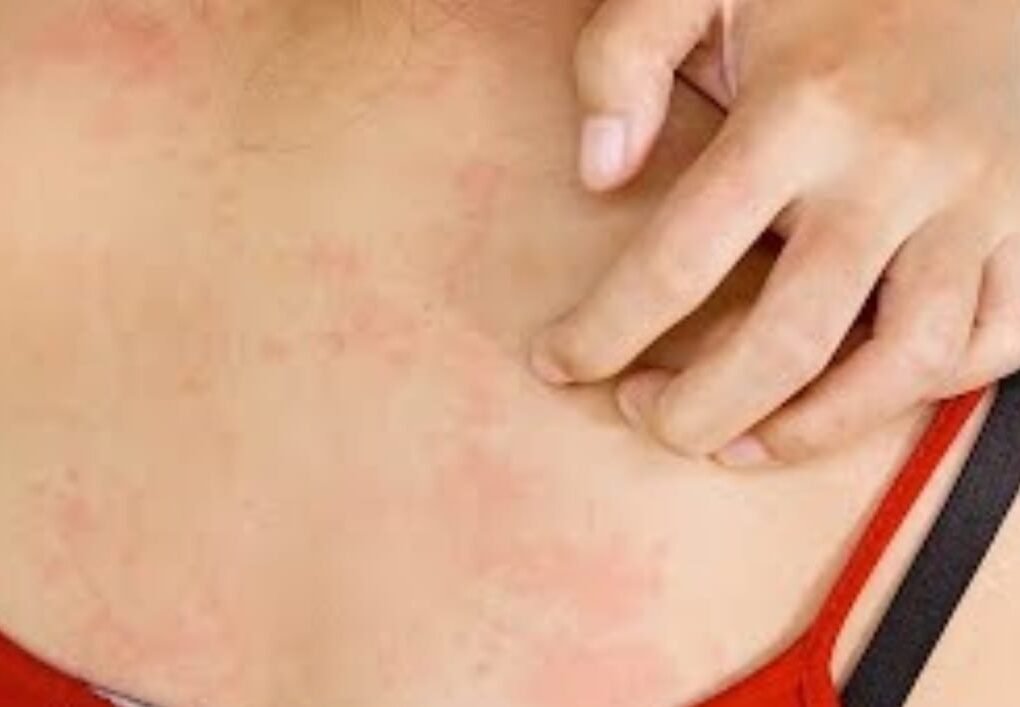
Lichen planus is a long-lasting inflammatory condition affecting the skin, mucous membranes, nails, and scalp. It is marked by an itchy rash, white patches, or painful sores depending on the area. There are several types: Cutaneous lichen planus, which causes itchy, purple bumps on the skin; Oral lichen planus, characterized by white patches or sores in the mouth; Genital lichen planus, affecting the vulva, vagina, or penis; Scalp lichen planus, which may lead to hair loss; and Nail lichen planus, causing discoloration, cracking, or nail loss. The exact cause is unknown, but it is believed to be linked to an immune system response, where the body mistakenly attacks healthy tissue.
Min Session

Lichen planus symptoms vary depending on the affected area. It often begins with tiny, raised dots on the skin, including the genital area, which can develop into larger patches or sores. In the mouth, it appears as small white spots on the cheeks, tongue, or lips. Lichen planus can also cause nail changes, including discoloration, cracking, or loss. While the condition itself isn’t usually painful, scratching can cause skin breaks, increasing the risk of infection. Treatment typically involves both oral and topical medications to control symptoms. Relapses are common, and ongoing management is often required to keep the condition under control. Prompt treatment and careful monitoring can help minimize flare-ups and improve quality of life.
Yes, in many cases, lichen planus resolves on its own within months to a few years without treatment.
While there is no permanent cure, symptoms can be effectively managed, and the condition often improves over time.
Yes, corticosteroids, antihistamines, and soothing lotions can help alleviate itching and reduce inflammation.
Avoiding triggers like stress, certain medications, and irritants can help prevent flare-ups.
No, lichen planus is not contagious and cannot spread to others.
Consuming a healthy diet, abundant in fruits and vegetables, can promote skin health and help reduce inflammation.
Aloe vera gel, coconut oil, and turmeric may provide relief for mild symptoms.
For most people, lichen planus is a manageable skin condition that does not impact overall health.
Yes, oral lichen planus can be managed with topical treatments, mouth rinses, and good oral hygiene.
Scars or pigmentation changes caused by lichen planus often fade gradually with proper care and treatment.
Klarity Skin Clinic, M – 69, First Floor,
M Block Market, Greater Kailash II, New Delhi 110048
Copyright © 2025 All Rights Reserved.
Klarity Skin Clinic is Unit of Acara Wellness Private Limited.